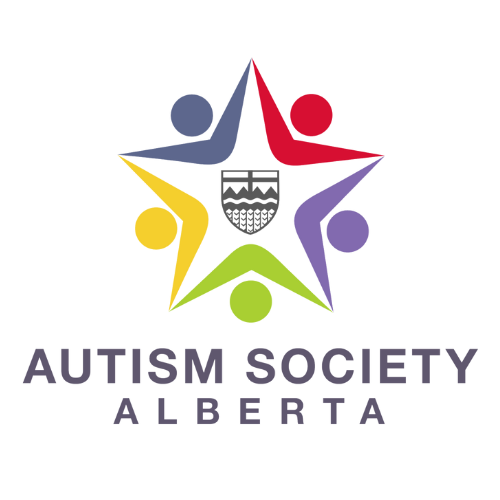Genomic Psychiatry: Implementing Precision Medicine for Developmental Disorders
Recorded March 12, 2024
How are genomics relevant for autism and neurodevelopmental conditions? What can we do with genetic information to advance precision medicine strategies in psychiatry? This session will highlight the efforts of our Precision Medicine in Autism (PRISMA) Group to answer these questions by developing initiatives in research, clinical care, education, and community engagement. Attendees will understand how rare genetic changes contribute towards the etiology of autism spectrum and other neurodevelopmental disorders, appreciate professional recommendations for genetic testing in the setting of autism spectrum and other neurodevelopmental disorders, and understand key concepts relevant to psychiatric genetics, including heritability, pleiotropy, de novo genetic changes, single nucleotide variants, and copy number variants.
Dr. Moreno De Luca completed his medical degree in 2005 at the Universidad Industrial de Santander in Bucaramanga, Colombia, after which he completed a master’s in neuroscience at the Université Pierre et Marie Curie, Sorbonne Universités in Paris, France. Dr. Moreno De Luca did a postdoctoral fellowship in neurogenetics at Emory University in Atlanta, Georgia, and then completed his clinical psychiatry residency at Yale University, his Fellowship in Bioethics at Harvard Medical School, and his child and adolescent psychiatry fellowship training at Brown, where he has been an assistant professor of psychiatry and human behaviour since 2018. Throughout that same period, he was also the clinical director of the Bradley Hospital’s Genomic Psychiatry Consultation Service and an attending child, adolescent, and adult psychiatrist at the Verrecchia Clinic for Children with Autism and Developmental Disabilities.
In his new role as the CASA Research Chair at the University of Alberta, Alberta Health Services and CASA Mental Health, Dr. Moreno De Luca focuses on the impact of genetic variation on brain disorders and how to use his discoveries to enhance patient care. Along with his Precision Medicine in Autism (PRISMA) team, and in close collaboration with the community he serves, he aims to contribute to genomically informed interventions and precision medicine solutions based on his research into the genetic underpinnings of autism and other neuropsychiatric conditions.

